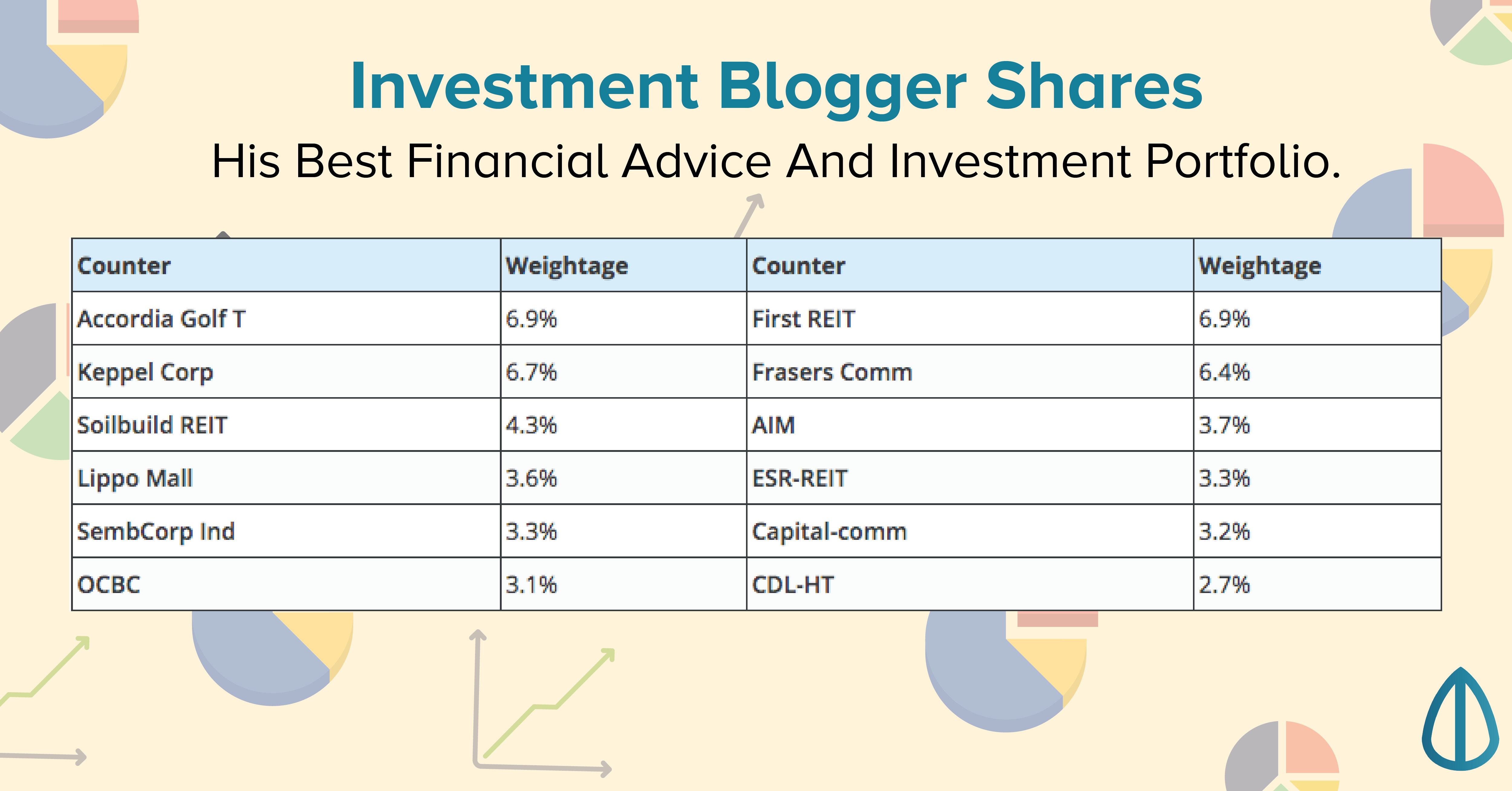Advertisement
Hi guys! As a young person, do you think I should invest in more volatile stocks? I saw another post recently saying that younger folks should invest in more risky stocks. Thanks!?
10
Discussion (10)
Learn how to style your text
Reply
Save
Hello,
Volatility is a characteristic that statistician's can measure - it is nothing but the degree of movement of a stock's price. More volatile stocks have larger movement in their prices 'generally'.
Typical stocks would be around 15% annual volatility. It means that based on past observations over a long period of time, it is observed that frequently, price of a particular stock could rise/drop by 15% in a year (this is a One standard deviation move in math-speak). It just reflects history, and doesn't mean that the price wont rise or fall by more than 15%.
If you buy a stock today, and never check the price of the stock for another year, this volatility makes no difference to you. You will simply look at purchase price, and price at the moment and calculate the return.
The trouble starts when you use volatility as a measurement of 'risk'. Most people do that, because there is no way to measure "risk of permanent loss" -which is the real risk everyone is worried about. So volatility is a convenient measure, but not an accurate one. We're basically saying "if a stock has high volatility, it can really zig zag - and if it goes down too much, the investor will get scared, and sell at a low price to recover atleast part of the investment". So - high volatility is mistakenly thought of as 'high risk' - but it serves the purpose of some investors and advisors.
Back to your question - seeking higher 'risk' is the wrong way to think about higher return. Just because you sought higher risk stocks doesn't mean they will give you higher return - they could be volatile simply because of political reasons or due to currency fluctuations.
You should evaluate good stocks/ETFs, and then assess if their volatility is acceptable to you. Think of two choices - you want to go from A to B, and there is either a meandering but safe road, or a roller-coaster to reach there. The roller-coaster might take you there faster, but you might fall sick on the way, or it might break down and you'll never reach there. The meandering but safe road also has a higher probability to get you there, but of course, doesn't guarantee it. You have to choose what you road you want to take based on your life situation and goals.
Sometimes, people reach point B from both roads, but in investing, the one who took less risk for the same return is considered a better money manager. This is measured by comparing risk-adjusted return - also called Sharpe Ratio.
Hope this helps.
Reply
Save
I personally hold some investments in more risky stocks and as someone below 30, I think I am qualif...
Read 3 other comments with a Seedly account
You will also enjoy exclusive benefits and get access to members only features.
Sign up or login with an email here
Write your thoughts
Related Articles
Related Posts
Related Posts
Advertisement









Younger people should invest in more risky stocks because they have lesser dependents/ reliance on this amount of money to survive in a sense. For eg. You, at the age of 20, healthy, could most likely work and live off that paycheck instead of the investment returns you make, compared to when you are 80 years old, retired, and have to rely purely on savings to live off of, and investment returns may be your only source of income. So if you are a person at the age of 40 with no dependents, and having alot of financial freedom, you could have a greater investement tolerance for riskier stocks than a man in his early 20s who has to support a family!
So, essentially everything depends on your own investment risk tolerance and goals. If you are relatively debt and dependent free, you could be looking towards more volatile growth stocks if you are looking for riskier forms of capital accumulation.